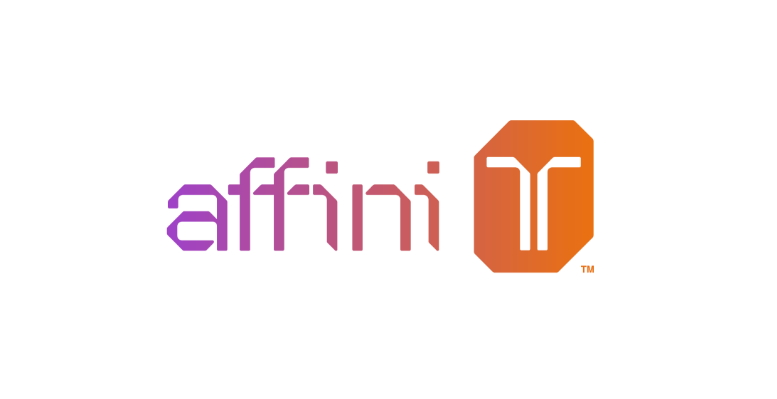Bayer backs KRAS TCR player Affini-T in $175m financing

Bayer's venture capital unit has co-led a $175 million investment in Affini-T that will be used to take its T cell receptor (TCR) therapies for cancer cells with mutations like KRAs and p53 into the clinic.
Seattle-based Affini-T, founded by Fred Hutchinson Cancer Center researchers Philip Greenberg, Thomas Schmitt and Aude Chapuis, was first introduced at the JP Morgan conference earlier this year.
[caption id="attachment_88558" align="alignright" width="144"] Phil Greenberg[/caption]
Phil Greenberg[/caption]
Greenberg is best known as a co-founder of Juno Therapeutics, which was acquired by Celgene for more than $9 billion in 2018 and is now part of Bristol-Myers Squibb. Juno has already brought a CAR-T cancer cell therapy – Breyanzi (liso-cel) for large B-cell lymphoma – to market in the US.
TCR cell therapies have attracted attention because they offer the potential to target solid tumours, something which is heard to achieve with the CAR-T approach.
Leaps by Bayer joined with Vida Ventures in the round, which was also backed by Humboldt Fund, The Parker Institute for Cancer Immunotherapy, Catalio Capital Management, Agent Capital, Alexandria Venture Investments, Erasca Ventures, Fred Hutchinson Cancer Research Center and others.
Affini-T's approach is to discover and isolate TCRs from healthy donors, and use lentiviral vectors to engineer CD8 and CD4 T cells taken from the cancer patient to target the mutations. The resulting TCR therapeutics is infused into the patient to mount an attack on the cancer.
Use of both CD4 and CD8 cells can stimulate a coordinated and sustained anti-tumour response, according to the biotech, which reckons its approach can "outsmart the immunosuppressive tumour microenvironment", improve infiltration of the TCR therapies into the cancer, and boost efficacy.
Its lead programmes are targeting KRAS, an oncogene that is seen in up to 30% of all cancers and is common in cancers with high mortality rates, including lung, colorectal and pancreatic tumours.
For decades KRAS Was considered undruggable, although that changed when Amgen secured approvals for Lumakras/Lumykras (sotorasib) for KRAS G12C-mutated non-small cell lung cancer (NSCLC) last year.
The cash injection is a handsome amount for such a new company, and should provide operating funds through to the end of 2024, according to Greenberg.
"Cell therapies have revolutionised the treatment of cancer, but challenges remain in making this powerful technology effective for a greater variety of cancers," he said. "By collaborating with industry partners, we have the opportunity to move our promising discoveries in the lab closer to benefitting the lives of patients."












